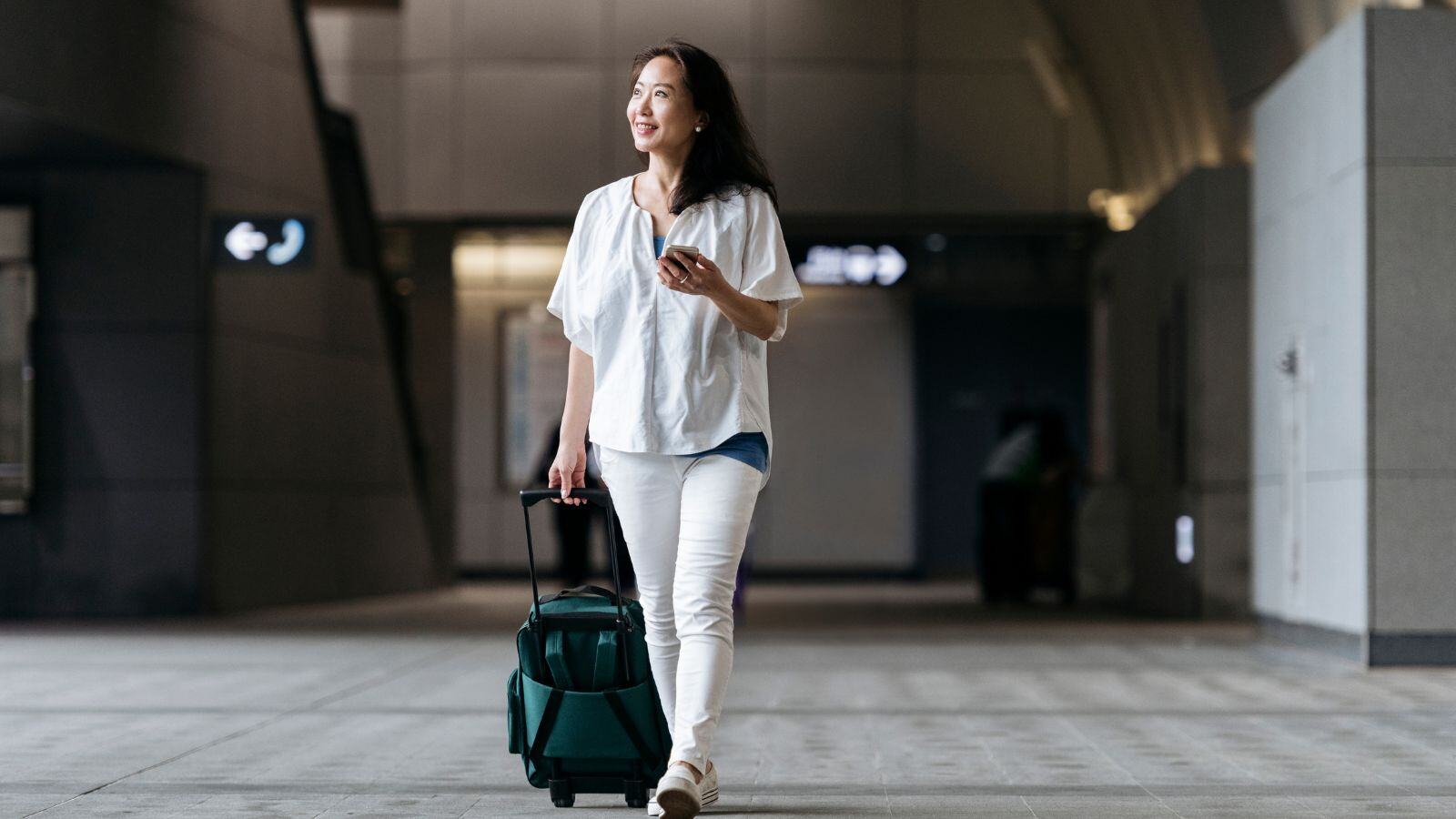The new year has only just started, but news of innovation in travel technology is already off to a strong start. From disruptive AI tools to cloud-based tech to improve IT infrastructure, 2023 is primed to be a year of innovation and experimentation.
Here’s a roundup of a few of January’s top trends and stories, for a glimpse into how this year in the travel industry will unfold.
Travel Weekly: What Will ChatGPT Mean for the Travel Industry?
ChatGPT, which stands for Generative Pre-trained Transformer, has been taking the internet by storm with its human-like communication skills, including the ability to write poetry and lyrics, play games, pass exams and even code.
Possible use cases for the AI chatbot have piqued the interest of consumers and businesses everywhere, including those in the travel sector. Executives from Expedia, Horizon Guides, Booking.com, and more have chimed in on the future of ChatGPT and how it can benefit the travel industry in this new piece from Travel Weekly.
According to Rajesh Naidu, Senior Vice President at Expedia Group, ChatGPT can bring more personalized experiences for customers from companies’ existing databases. Naidu remarked that its already large dataset could integrate into its platform to hyper-personalize search results for travelers. Additionally, ChatGPT can also be a big help for travel planning by identifying top hotels, destinations and more to create custom itineraries in minutes.
Another opportunity with ChatGPT is simplifying business processes to increase productivity and cost-savings for operators, marketers, transporters and more. Matt Barker, CEO of Horizon Guides, shared that a cruise brand they work with has decided to use ChatGPT for virtually all their new website content, which could save hundreds of thousands of dollars on freelance costs.
ChatGPT is a disruptive innovation that’s already making waves in the industry. As the technology evolves, we’ll only discover more ways to transform the future of travel.
CNN Travel: Sustainable Aircraft From NASA, Boeing Could Fly in 2030s
NASA and Boeing have announced they will work together to build, test and fly an emission-reducing aircraft within this decade. Their design, called the Transonic Truss-Braced Wing concept, creates less drag and burns less fuel with “elongated, thin wings stabilized by diagonal struts that connect the wings to the aircraft.” The first test flights for the aircraft are scheduled to begin in 2028.
The partnership, supported by the Funded Space Act Agreement, will rely on technical expertise and facilities, and $425 million in funding from NASA, along with Boeing’s $725 million and its technical plan. According to NASA Administrator Bill Nelson, they’re hoping these fuel-efficient technologies will be available to the public in the 2030s, with the goal to serve at least 50% of the commercial market.
Skift: Mass Flight Cancellations From Old Tech Are More Common Than You Think
Southwest Airlines’ system failure at the end of last year is only one instance of mass cancellations in the last few years. In 2017, Delta Airlines canceled more than 3,500 flights in April due to severe weather conditions. Not to mention the FAA air traffic control technology blunder which grounded tens of thousands of flights due to a computer glitch.
These issues can be traced to a reliance on outdated technology and point to a real need for more automated and advanced business processes in the industry. After the FAA shutdown, the US Travel Association called for upgrades to older air traffic control technology.
Simple Flying: Boom Supersonic Participates in Carbon Removal Tech Program
Supersonic travel is not only closer than we think, but more sustainable as well. Boom Supersonic, a commercial airline specializing in sustainable supersonic travel, has recently partnered with Watershed, which supports companies with climate accounting and carbon measuring. Their partnership comes after continued criticism around the necessity of supersonic travel, which typically uses a lot more fuel than traditional aircraft and a larger environmental footprint.
Boom Supersonic is hoping to counter these objections by increasing carbon removal investments and achieving net zero carbon emissions by 2025, and net zero greenhouse gases by 2040. Boom has recently signed an agreement with Climeworks, a company that uses a technology called ‘direct air capture’ to remove CO2 from the atmosphere. However, these plans will depend on the production and availability of SAF (Sustainable Aviation Fuel). With new ambitious tech partnerships developing such as Boeing and NASA and Boom and Watershed and Climeworks, watching their progress over the next few years will be telling for the future of sustainable air travel.
The Wall Street Journal: Startups Want to Help Airlines Prevent Tech Meltdowns
Cloud-based tools have the potential to make airline information systems more automated and less dependent on older technologies that require manual and expensive updates. Considering the system meltdowns from Southwest and the FAA, companies and consumers see the need to modernize these systems as soon as possible – and startups may be the key to getting there.
While completely overhauling with new IT infrastructure is unlikely, companies can use cloud-based tools that integrate real-time data to optimize operations. These databases can also scale horizontally, meaning they can benefit from computing resources and reduce the likelihood of system crashes.
The FAA estimated that U.S. flight delays cost around $33 billion in 2019 but these digital solutions can reduce costs by about half, according to Frost & Sullivan. For example, Couchbase Inc. is working with United Airlines to modernize its operations. Couchbase’s technology helps United scale up or down its basic functions like reservations, pricing, baggage tracking and plane loading, depending on peaks in demand. Additionally, Gurobi Optimization LLC, a company that develops mathematical-optimization software, says they are working with Air France-KLM to power its decision-support tool which improves flight and aircraft assignments. As the industry faces more pressure to modernize, startup technology rooted in software integration and scaling can help these airline giants to save money and reputability by improving operations.


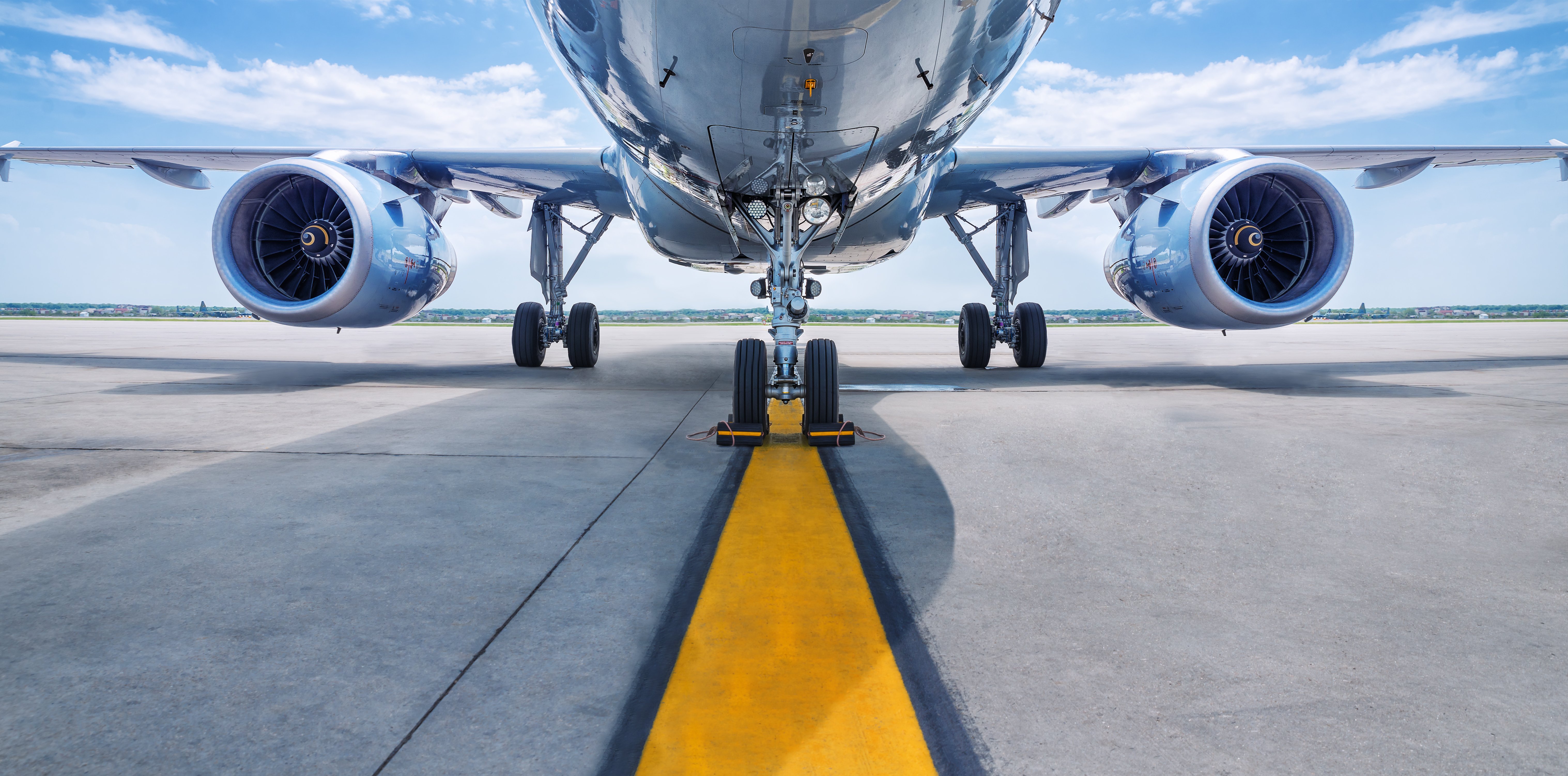

.jpg)

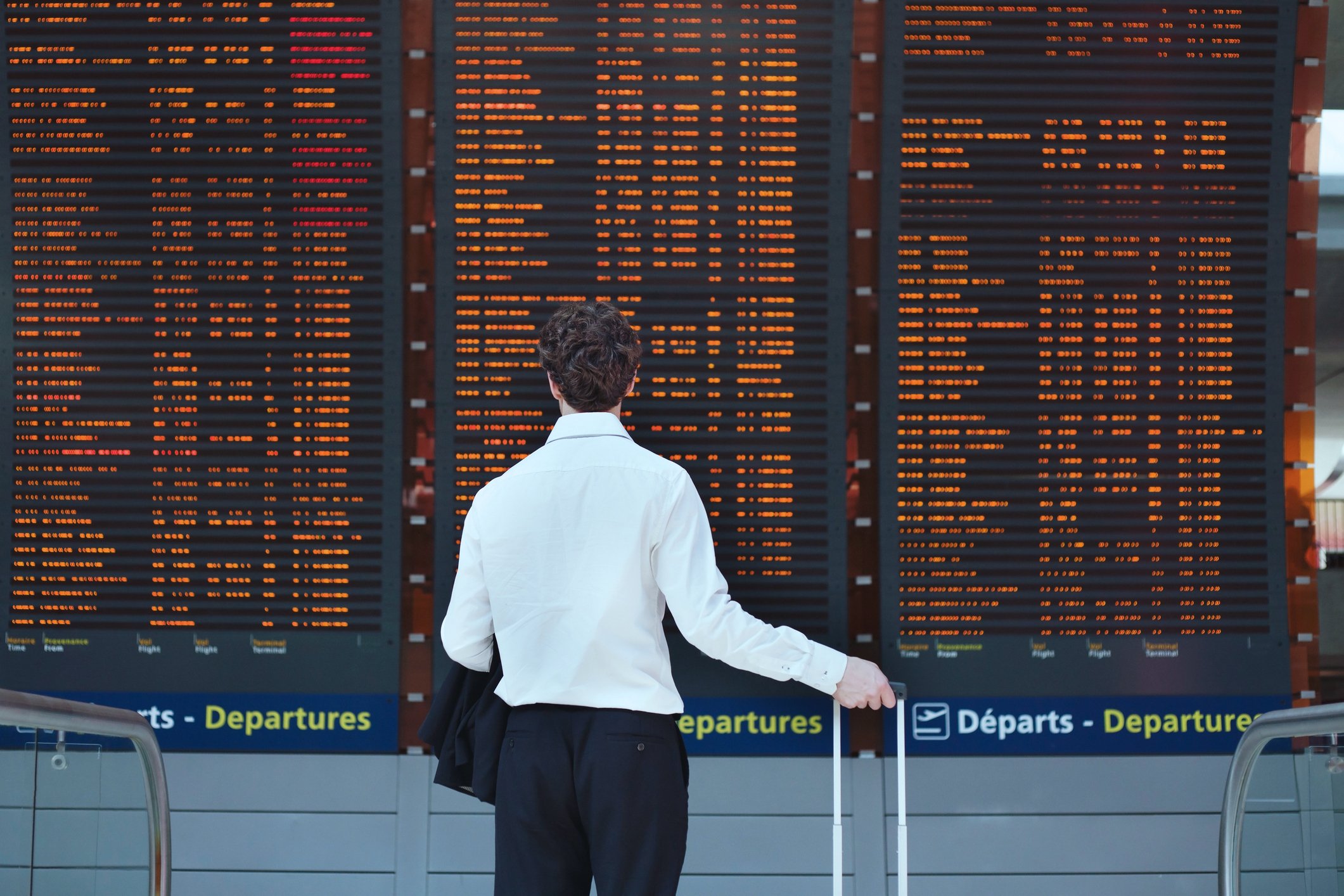

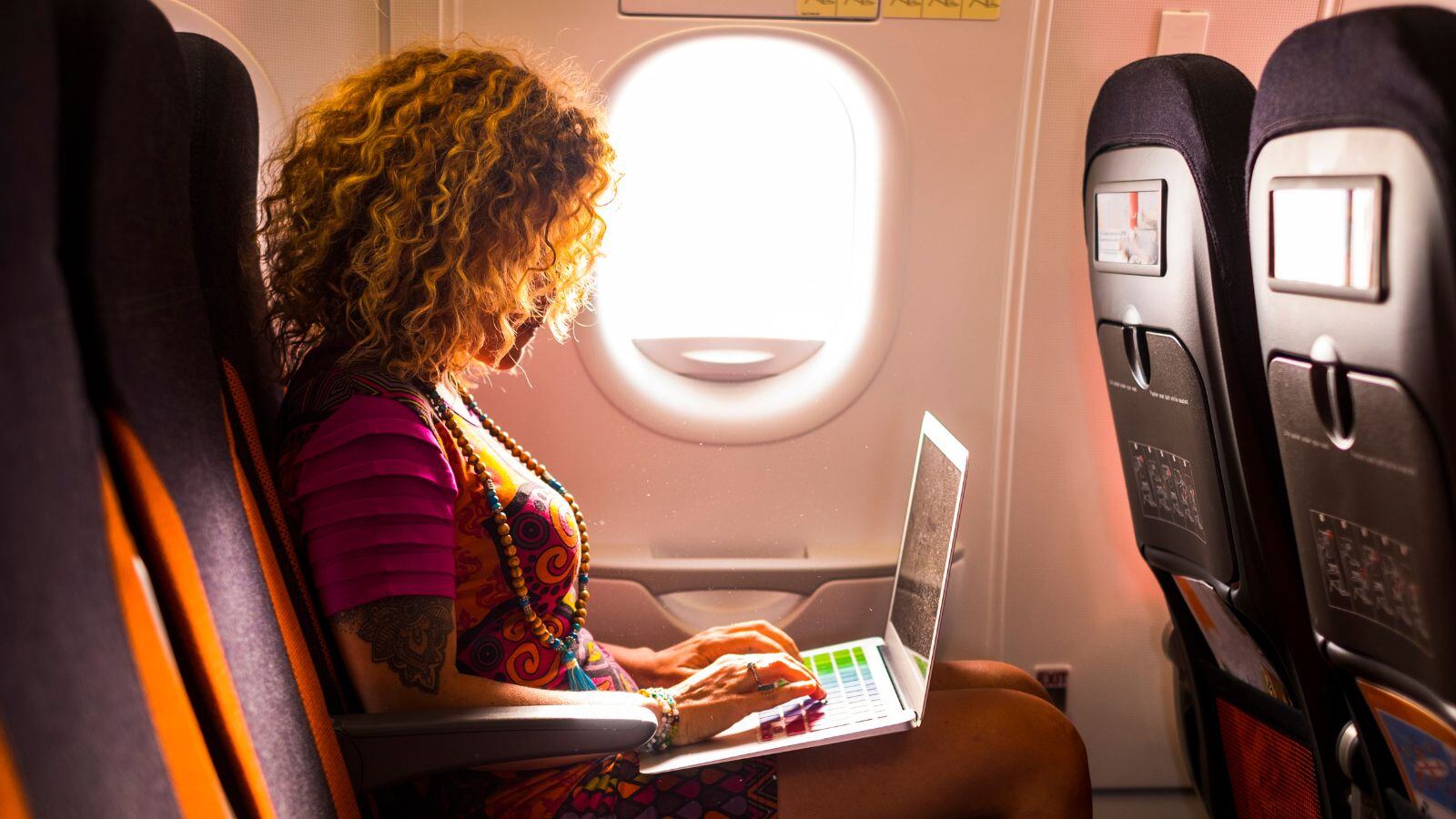
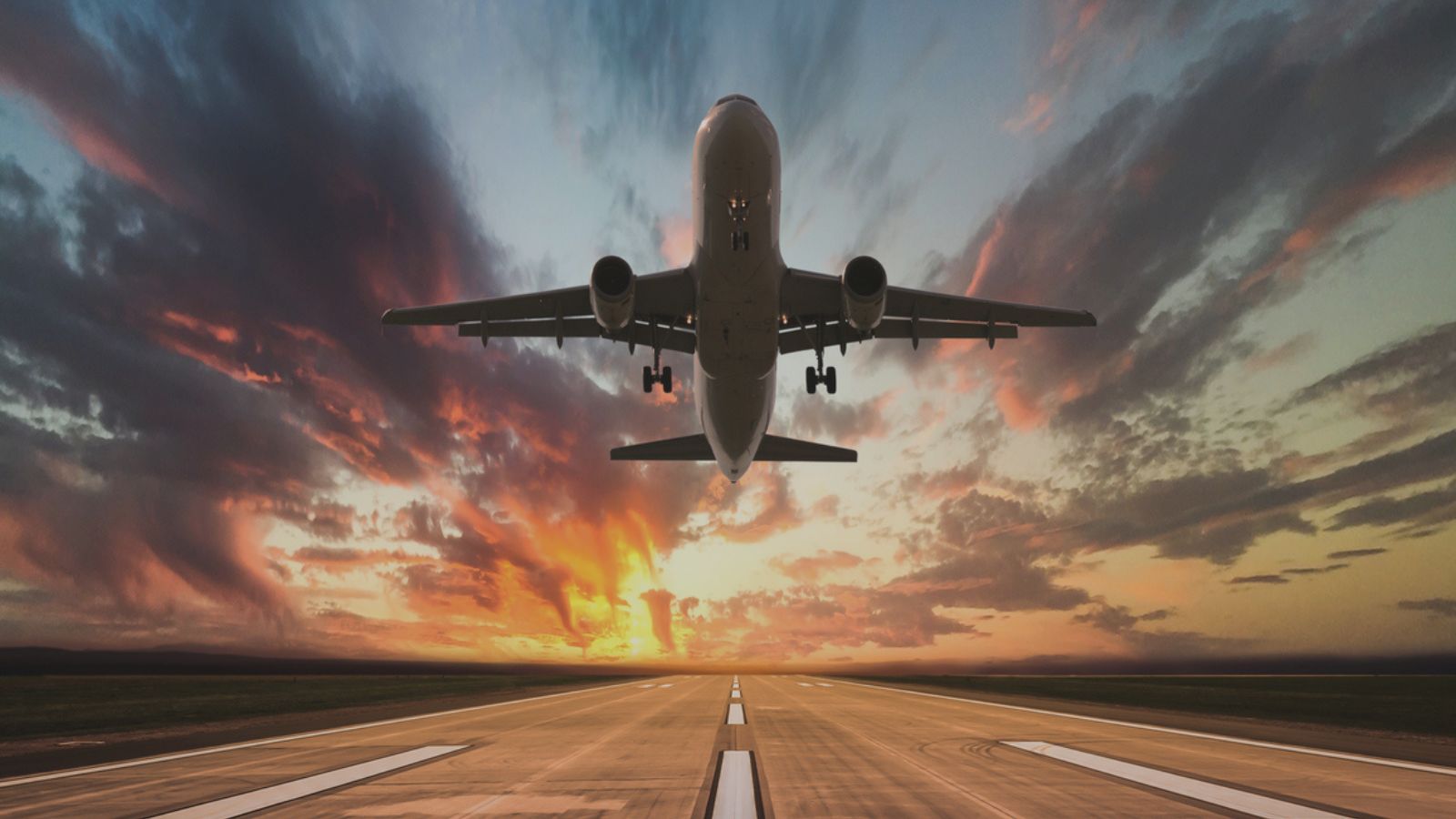
.png)

